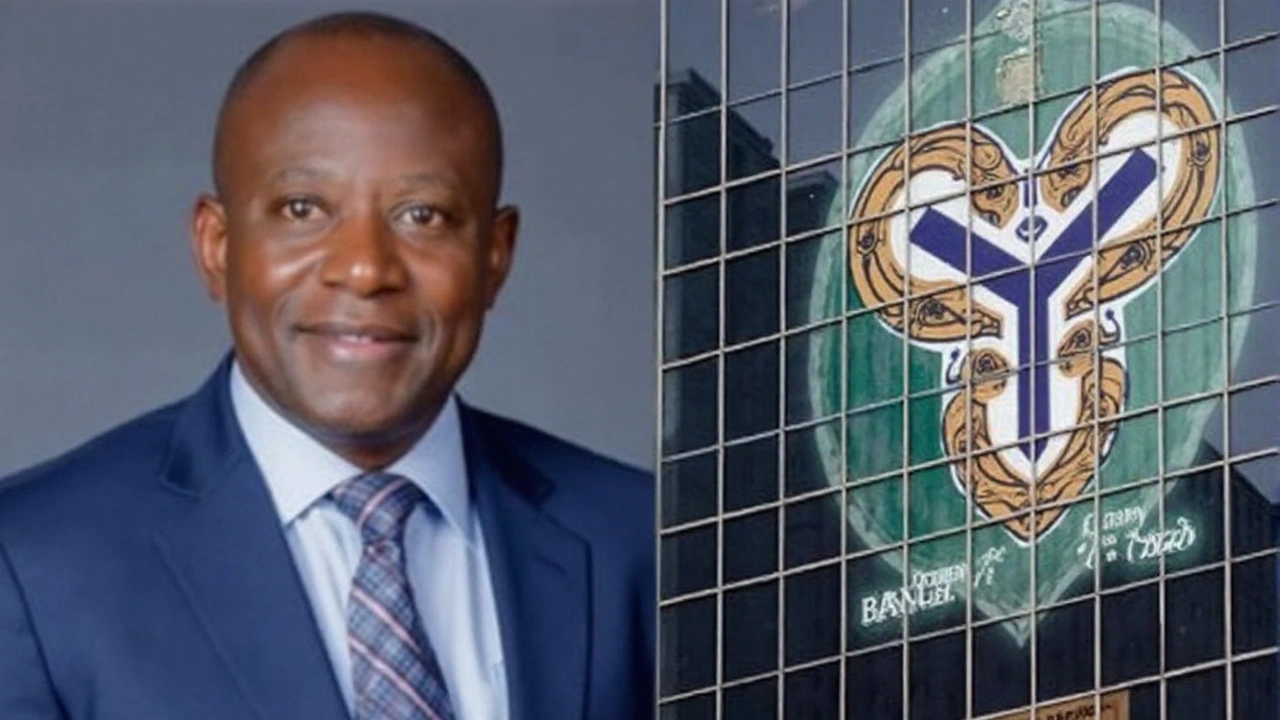CBN Monetary Policy Explained in Simple Terms
When you hear about the CBN adjusting rates, you might wonder how it touches your wallet. The Central Bank of Nigeria (CBN) is the only institution that can change the cost of borrowing money, and those changes ripple through the whole economy. In this guide we break down what the CBN does, why it matters, and what you can do to stay ahead.
How the CBN Sets Rates
The CBN looks at a handful of key numbers every month. The biggest ones are inflation – how fast prices are rising – and the exchange rate of the Naira against other currencies. If prices are climbing too quickly, the CBN may raise the Monetary Policy Rate (MPR) to make loans more expensive. Higher rates usually cool spending because people and businesses think twice before taking on debt.
On the other hand, if the economy is slowing down and jobs are scarce, the CBN might lower the MPR. Cheaper loans encourage borrowing, which can boost investment and hiring. The CBN also uses open market operations, buying or selling government bonds to push more or less money into the banking system. These tools work together to keep inflation near the target range, usually around 6‑9%.
What Changes Mean for Everyday Life
Rate moves affect you in several practical ways. A rise in the MPR often leads to higher interest on personal loans, mortgages, and credit cards. If you have a variable‑rate loan, expect your monthly payment to go up after the next CBN announcement. Savings accounts may earn a bit more, but the increase usually lags behind the jump in borrowing costs.
Businesses feel the impact too. Higher rates make it costlier to expand, buy new equipment, or hire staff. That can slow down job growth and keep wages flat. Conversely, a rate cut can spur new projects and open up more job opportunities, but it may also weaken the Naira, making imported goods more expensive.
For ordinary consumers, the best strategy is to stay flexible. If rates are rising, consider locking in fixed‑rate loans now before they climb higher. If rates are falling, you might refinance existing debt to reduce payments. Keeping an emergency fund in a high‑interest savings account can also cushion any short‑term cash flow hiccups.
Another tip is to watch the CBN’s monetary policy statements. They typically include the rationale behind a rate change and give clues about future moves. By understanding the CBN’s goals, you can anticipate market trends and make smarter financial choices.
In short, the CBN’s monetary policy is the engine that drives Nigeria’s economy. It decides how cheap or expensive money is, which in turn shapes inflation, job growth, and the value of the Naira. Knowing the basics helps you protect your finances, whether you’re planning a big purchase, managing a loan, or simply trying to save more.
Stay updated, keep your debt manageable, and use the CBN’s signals to your advantage. The more you understand the policy moves, the better you can steer your own financial ship through any economic weather.

